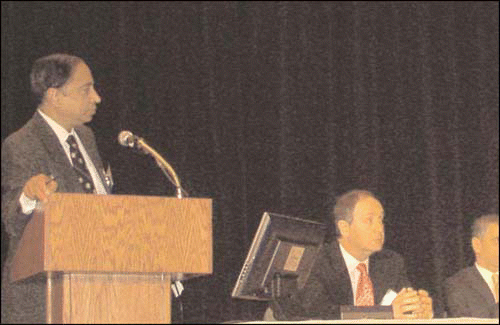Standards proposed by the United States Pharmacopeia (USP) for the compounding of sterile medication could be applied to vial mixing in the office.


Standards proposed by the United States Pharmacopeia (USP) for the compounding of sterile medication could be applied to vial mixing in the office.
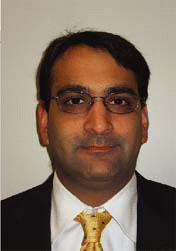
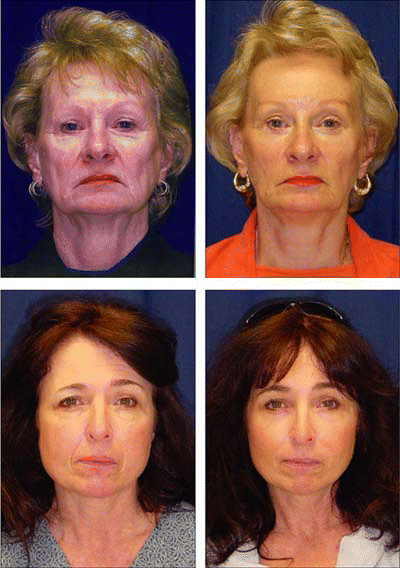
What patient wouldn’t want three or four very small incisions that heal rapidly with little or no scarring and no residual numbness, compared with a foot-long slice at or under the hairline that takes longer to heal and sometimes leaves a puffed-up scar and/or permanent loss of sensation?
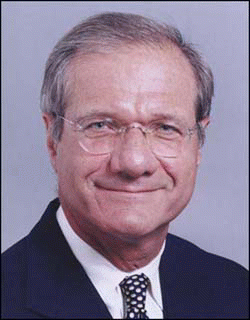
Endoscopic sinus surgery is an approach commonly used by otolaryngologists–head and neck surgeons, but for what indications is it the best technique to use—and how has its use evolved over the years?
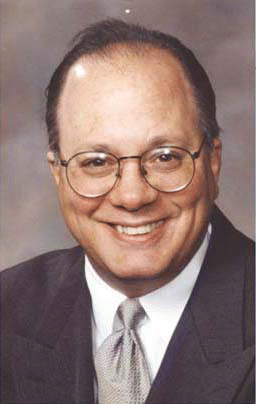
Otolaryngologists agree with their fellow physicians who prescribe drugs-pharmaceutical companies have no business buying or using information on how and when they prescribe particular drugs, nor do they want to be confronted by pharmaceutical company representatives in their office about why they do or don’t prescribe that company’s products.

West Nile Virus, SARS, Lyme disease, HIV—these aren’t our parents’ infectious diseases anymore.

In late August of 2005, many of us watched from the relative safety of our homes and offices as Hurricane Katrina wrought havoc and devastation all along the Gulf coast.

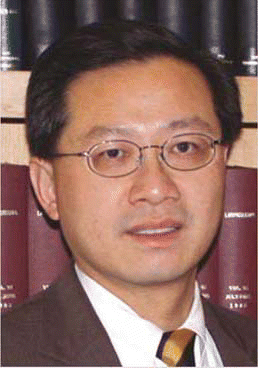
It is agreed that sudden single-sided deafness is an emergency that is typically treated with corticosteroids.
